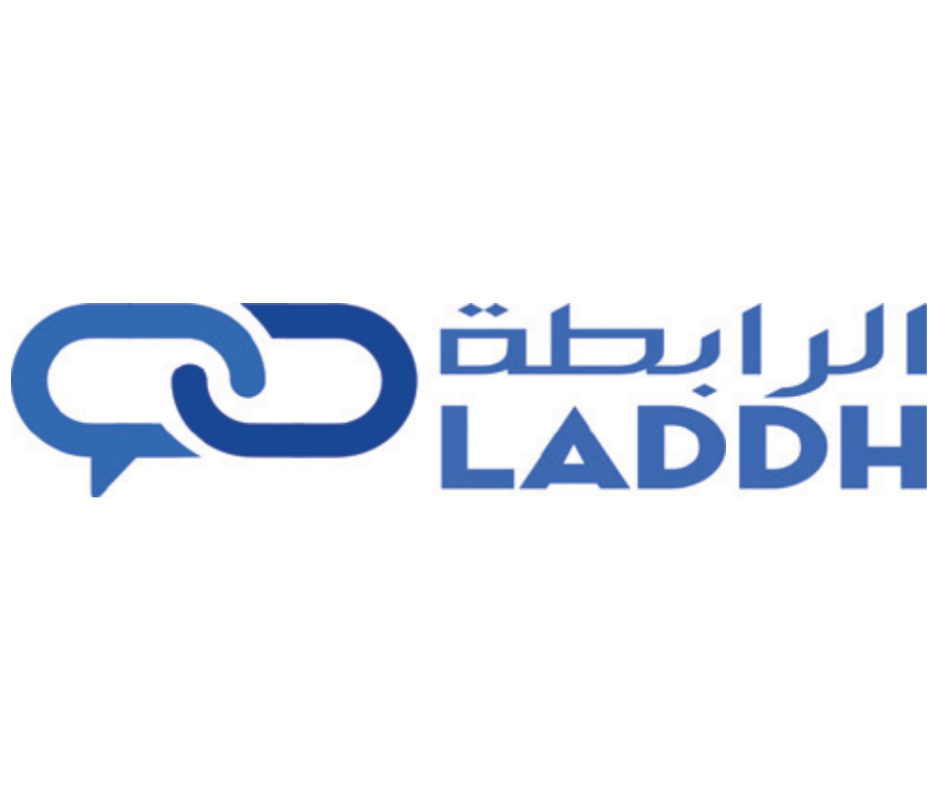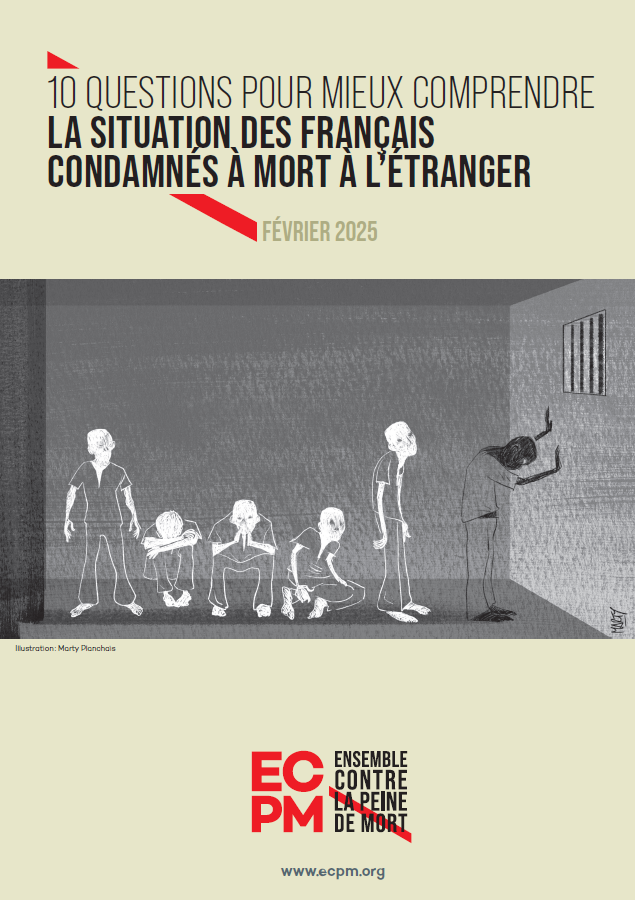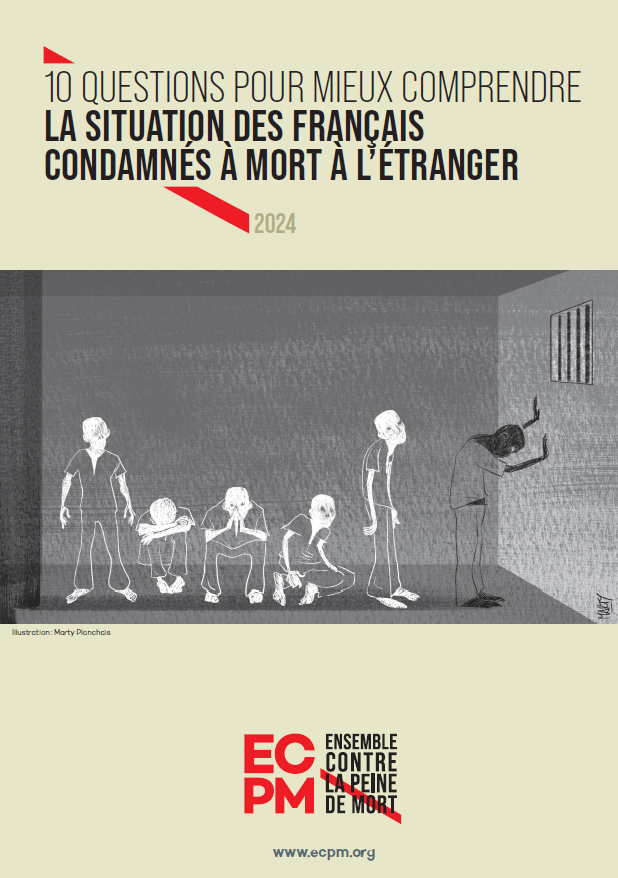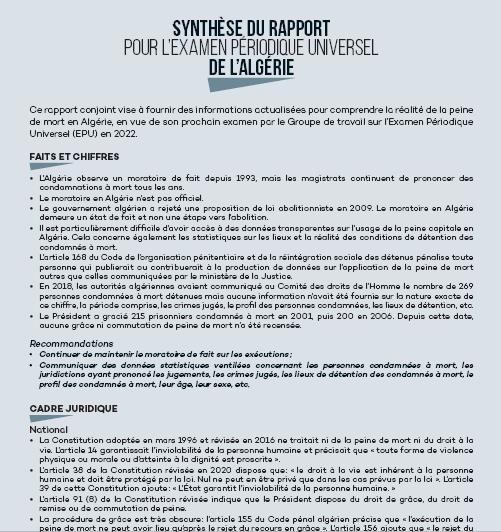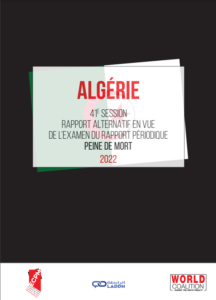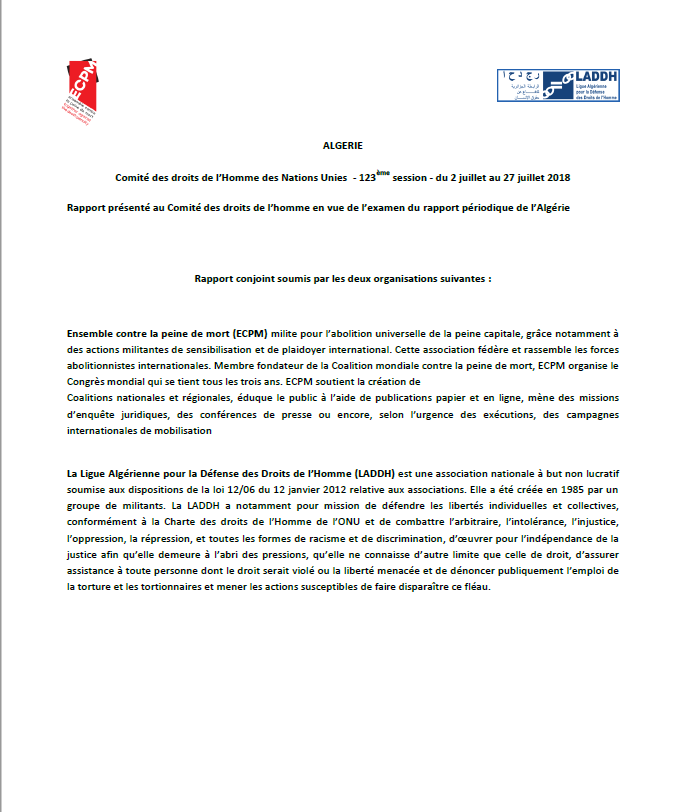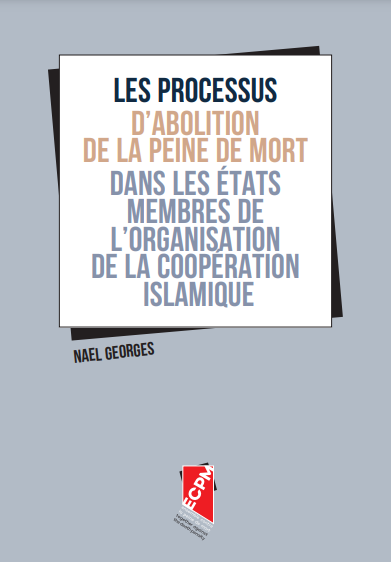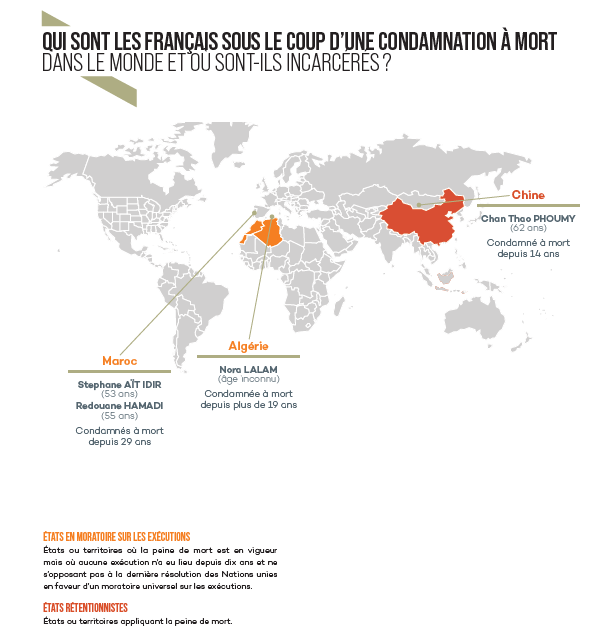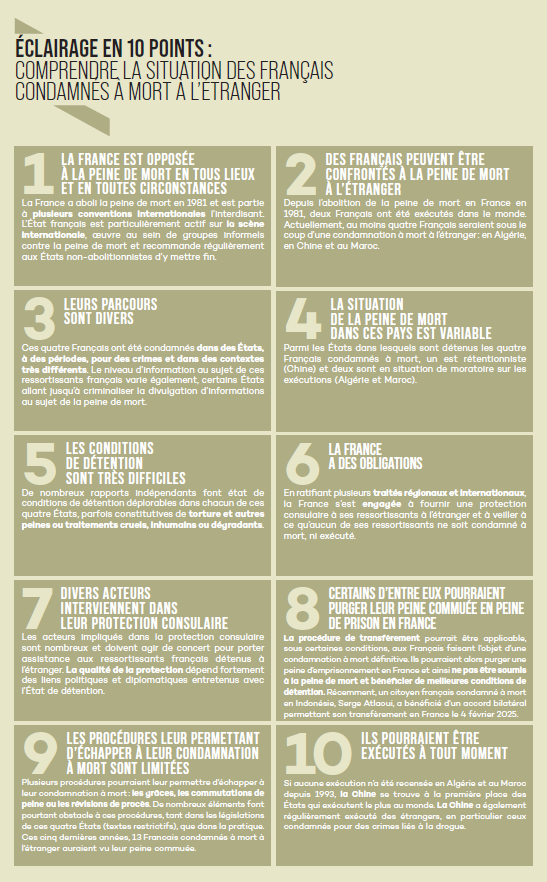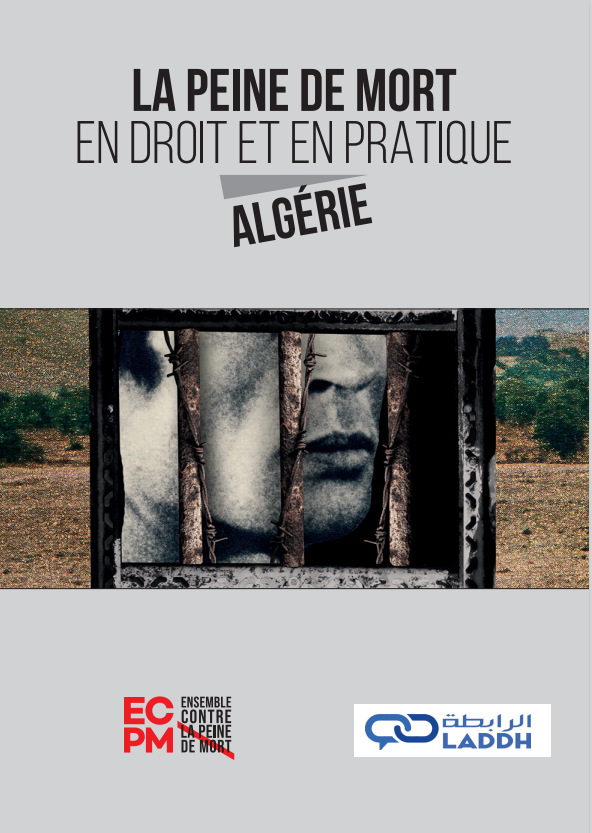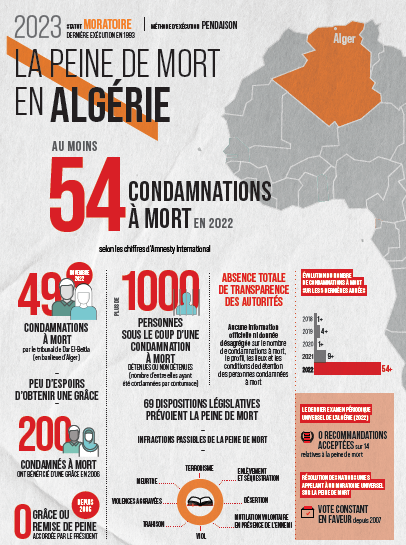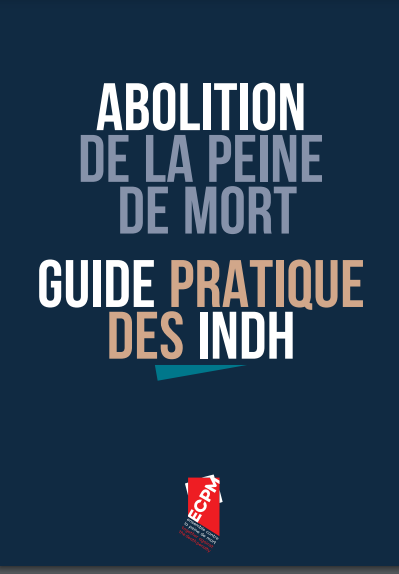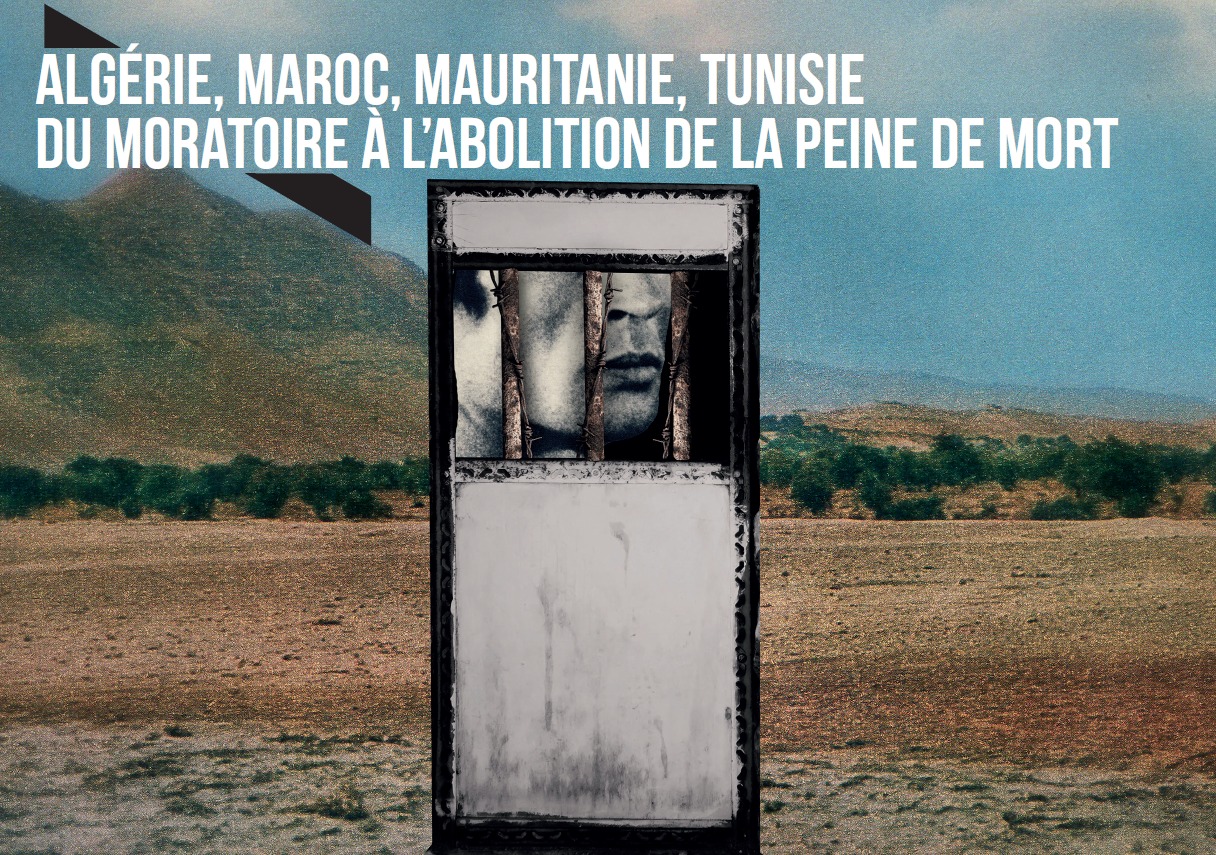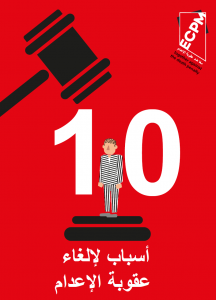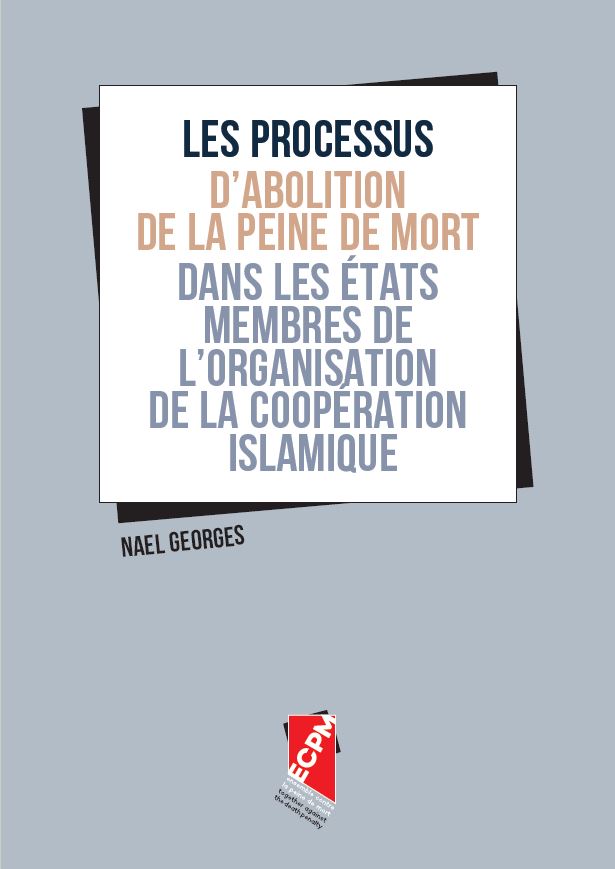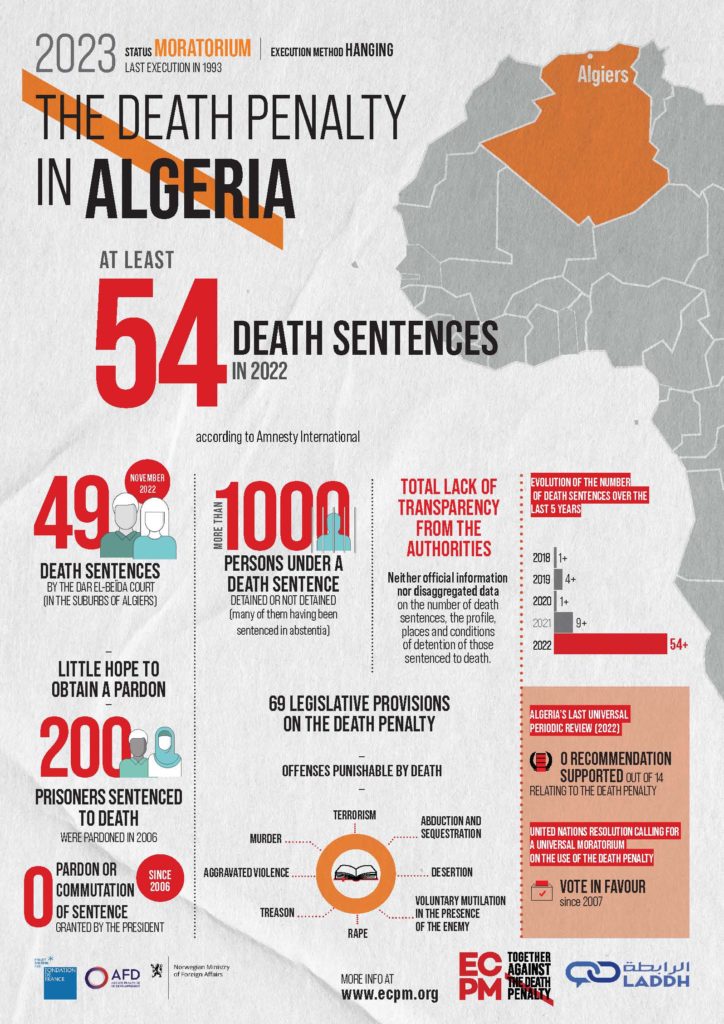
Since 2011, ECPM has been working with Algerian abolitionist actors, facilitating exchanges of experience and sharing good practices with abolitionist actors from the region and at the international level.
ECPM has been working in partnership with the Ligue algérienne pour la défense des droits de l’homme (LADDH) since 2017, in the framework of the project “Strengthening progress towards abolition of the death penalty”, with the support of the Agence française de développement, Norway and the Fondation de France.
The situation of death row prisoners in Algeria
In 2018, the Algerian authorities reported to the Human Rights Committee that 269 people were on death row, without providing details on this figure, the period covered, the crimes prosecuted, the profile of the convicted persons, the places of detention, etc. The reality of the situation concerning capital punishment in the country is therefore very difficult to ascertain.
Access to transparent data on the use of the death penalty in Algeria is difficult. This also applies to statistics in relation to places of detention and the reality of the conditions of detention of death row prisoners, making it difficult to carry out monitoring visits. Article 168 of the Code on the Organisation of Prisons and the Social Reintegration of Prisoners penalises anyone who publishes or contributes to the production of data on the use of the death penalty other than those provided by the Ministry of Justice.
According to the Code on the Organisation of Prisons and the Social Reintegration of Prisoners, prisoners sentenced to death are subject to a special detention regime requiring them to be held in individual cells for the first five years of detention.
In the dossier 10 questions and answers to better understand the situation of 17 French nationals on death row abroad , published in 2021, ECPM retraced the circumstances surrounding the death sentence imposed on Nora Lalam in April 2005. There is still a great deal of uncertainty about the reasons for her arrest and her potential dual nationality. If she is still alive, she has been in detention for more than 16 years and is the only French woman on death row in the world.
Death penalty and torture
Today, there is no national mechanism for the prevention of torture in Algeria, which has not ratified the OPCAT (Optional Protocol to the UN Convention against Torture). Despite the prohibition of torture in the Constitution and the Penal Code (punishable by death in certain cases), there is no legal provision on the exclusion of evidence obtained under torture in trial proceedings. It is therefore difficult to monitor and prosecute its use.
The implementation of the death penalty can in itself amount to torture. In Algeria, factors including the excessive length of time spent on death row, the isolation of death row prisoners, the lack of transparency in the pardon process and the fact that it remains pending indefinitely (as Algeria applies a moratorium), the risk of ill-treatment in detention facilities, which is particularly acute in the case of death row prisoners, may amount to torture.
